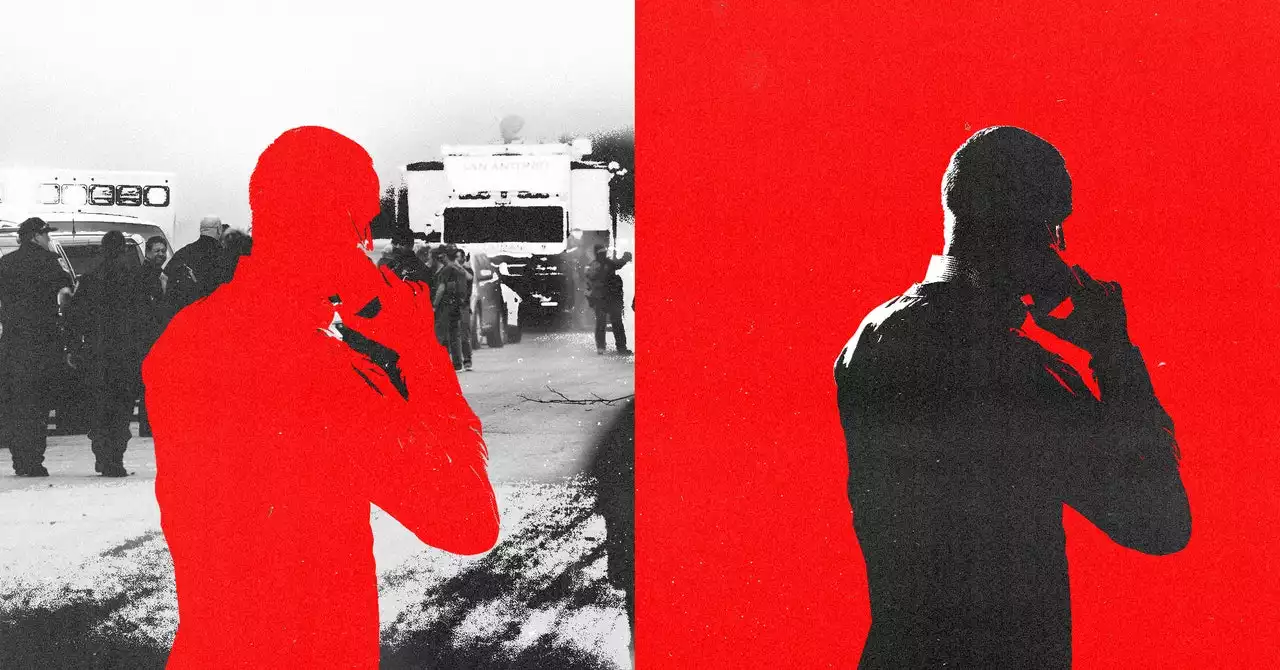For months, an anonymous caller has terrorized communities around the US by reporting false shooting threats. We know how they did it. The question is, why?
Anthony Mattivi, a former federal prosecutor who served as the antiterrorism and national security coordinator for the District of Kansas, says that, for a person to be charged with a crime related to terrorism, the individual or group behind the call needs to be acting on behalf of a designated terrorist group like Al-Shabbab or ISIL, or they need to have indicated that they had an explicitly political motivation. Vulgar chat messages denouncing the United States aren’t enough.
Even if the FBI is able to identify the caller, US law enforcement’s ability to apprehend them could largely be determined by where they are located. “It’s not a simple situation if the caller is abroad,” says Stephen McAllister, another former federal prosecutor who has worked on scores of swatting cases.
